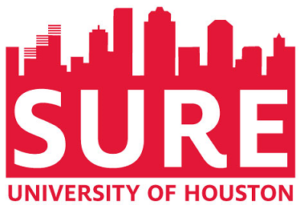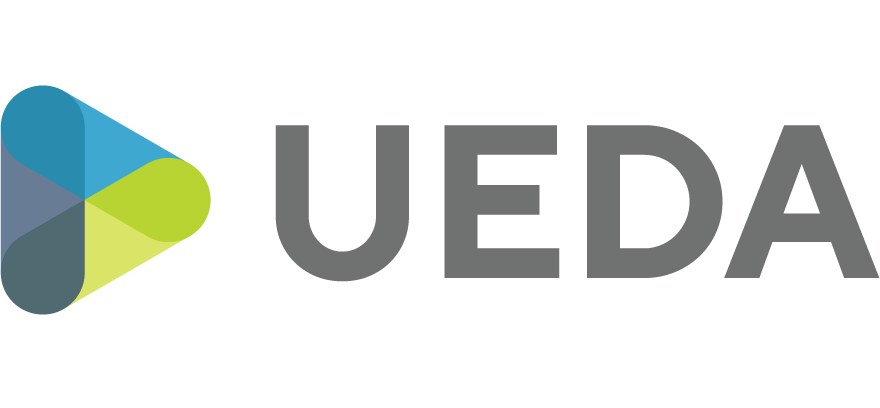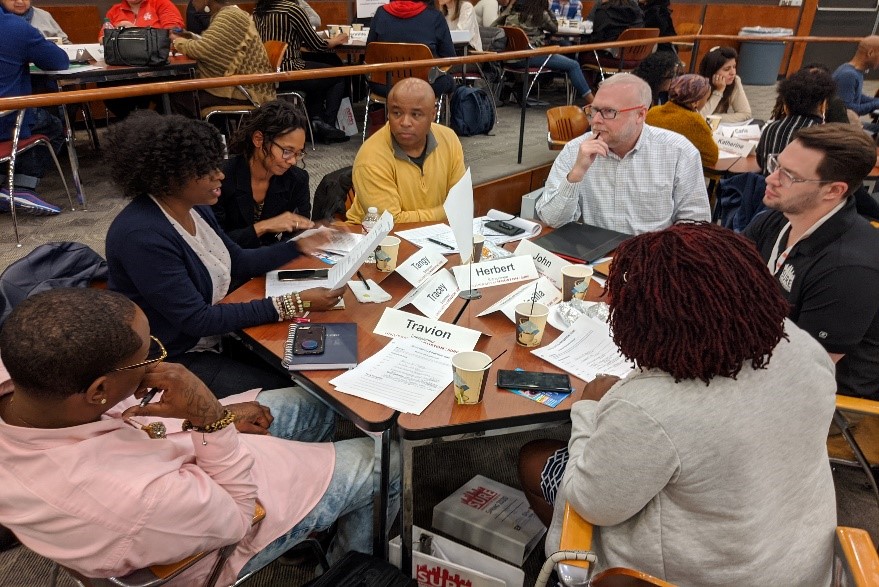Entrepreneurship Program Helps enSURE Economic Success

The SURE™ Program (Stimulating Urban Renewal through Entrepreneurship) is an academic program at the University of Houston, C. T. Bauer College of Business that connects students, entrepreneurs, and executives to achieve two goals: economically empower entrepreneurs from under-resourced communities, and train students in practical, human-centered skills. The SURE™ mission is rooted within the missions of both UH and Bauer College to positively impact the community through education.
“SURE™ is an outstanding demonstration of how partnering with underserved residents and communities can expand economic opportunity while simultaneously sharpening student skills. Graduates of the programs express absolute delight and appreciation for the knowledge obtained and the hands-on assistance offered that continues even after graduation,” said UH Vice President for Neighborhood and Strategic Initiatives Dr. Elwyn Lee.
Bauer College Dean Paul A. Pavlou added, “Our vision at the Bauer College is to be a world-class business school that transforms lives, organizations, and society. The SURE™ Program is a major part of realizing that vision, with its strong focus on experiential learning for students, engagement of industry, and service to the community. The impact that the SURE™ Program has made on the city of Houston is unquestionable ― educating more than 1,300 current and aspiring entrepreneurs in the area, training more than 300 Bauer students, and playing an instrumental role in launching or expanding nearly 300 local businesses. We envision replicating this impact across campuses and cities with partnerships and collaboration with other universities.”
“…34% of surveyed entrepreneurs reported an increase of $5,000 more in their annual household income after completing the SURE Program. Of those who reported this increase and were self-employed, 83% attributed the increase directly to their participation in the SURE Program.”
Recognition
SURE™ has been recognized by the Governor of Texas, two Mayors of Houston, several members of Congress, the Minnie Stevens Piper Foundation and SXSW EDU, among others. Beyond accolades, the program receives support (funding and in kind) from the UH President’s Third Ward Initiative, the UH Office of the Provost, and Bauer College,, as well as industry partners including Wells Fargo, Wallis Bank, EY, Frost Bank, TDECU, and the Houston Endowment.
Impact
In 2016, SURE™ conducted a survey that found 63 percent of its entrepreneurs came from households under the HUD low-income threshold. An update to this survey in 2019 said that this number has increased to 65%. In that same 2019 survey, 34% of surveyed entrepreneurs reported an increase of $5,000 more in their annual household income after completing the SURE™ Program. Of those who reported this increase and were self-employed, 83% attributed the increase directly to their participation in the SURE™ Program. Nearly 100 percent of participants said that SURE™ improved their financial literacy in their homes and businesses.
%
of participants state the SURE™ program improved their financial literacy.
current and aspiring entrepreneurs have been trained through the SURE™ program.
local business have been launched or aided by the SURE™ program.
%
of participants state the SURE™ program improved their financial literacy.
current and aspiring entrepreneurs have been trained through the SURE™ program.
current and aspiring entrepreneurs have been trained through the SURE™ program.
Course Structure
In order to achieve this success, founding Director Dr. Saleha Khumawala and Managing Director Charlie Becker have used design thinking to engage a vast network of supporters and volunteers, and iteratively improve the program to the model it has today.
Before the semester starts, 400-600 current and aspiring entrepreneurs from the Houston area come to UH to participate in an open, four-hour class on validating a business idea and writing a business plan. At the end of the open class, participants can then apply for the semester-long, free SURE™ Program course.
About 120 applicants are accepted into the course after being evaluated on three questions: (1) does this entrepreneur have a concrete business idea? (2) has this entrepreneur demonstrated commitment to this idea? and (3) is this entrepreneur from, or would this entrepreneur’s business serve, an under-resourced community?
Student consultants who enrolled in the SURE™ Program course (Brainstorming to Bankrolling) are trained for three weeks without entrepreneurs present. The student consultants are evenly split between business undergraduate and graduate students, with a handful of students from other disciplines. During the training, the student consultants learn how to write a business plan, build a client-facing relationship, and how to apply the skills and knowledge they have already acquired at UH.
In the fourth week of class, each student is assigned four entrepreneurs as clients, together serving as a “firm.”. The firm is the fundamental organizational unit of the course for the remainder of the semester. Firms attend each class together, collaborate, and stay in touch during the week when they are not in class. Entrepreneurs turn their work in exclusively to their consultant.
The goal for each entrepreneur is to complete SURE™’s proprietary strategic business plan: a hybrid of the business model canvas and a more traditional business plan (as written for a bank). Consultants are instructed not to write their entrepreneurs’ business plans, but they are responsible for many critical support roles, including research assistant, project manager, motivational coach, strategic consultant, copy editor, among other duties.
“The goal for each entrepreneur is to complete SURE’s proprietary strategic business plan: a hybrid of the business model canvas and a more traditional business plan (as written for a bank)”
Connecting to Industry Experts
Business experts come to campus each Saturday to teach about topics that correspond to important parts of the SURE™ strategic business plan, including accounting, marketing, finance, sales, and law. The lectures are structured to be broad enough that each entrepreneur in attendance can find something that applies to their specific business. After the lecture, the consultants will guide each entrepreneur in their firms through additional work to develop a strategic business plan.
Over the semester, the consultants and entrepreneurs have opportunities to work with different mentors, called “gurus” in the program, who are executive volunteers selected by one of the SURE™ Professors. Mentors come from the SBA SCORE (Service Corps of Retired Executives). They are retired executives and professionals who spend three hours dispensing advice after each class. Additionally, up to 30 entrepreneur alumni and 30 consultant alumni make themselves available on different Saturdays to sit in with firms, review business plans, and hear practice pitches.
Graduation and Pitch Day
All of this work culminates in a “graduation” and pitch day at the end of the semester, where entrepreneurs pitch their ideas to bankers, and organizations that provide services to the entrepreneurs attend to meet with the graduating class.
Get Involved
As of 2020, the SURE™ Program is working to move some instruction and collaboration online to reach more entrepreneurs. It is also developing shorter-term boot camps for entrepreneurs that need specific guidance in a post-coronavirus economic landscape.
For like-minded educators interested in piloting a program, Khumawala and Becker suggest being aware of challenges likely to arise: providing materials to the entrepreneurs, getting them to campus, maintaining a professional relationship between clients and consultants while still having control over their interactions, balancing the needs of many different businesses without getting too specific that some participants have to sit through irrelevant lectures, and building a base of executive volunteers.
Many of these challenges can only be solved through direct participant feedback and iterative improvements, but Khumawala and Becker make a few suggestions. First, find a community partner who can help to vet the people who want to come to the school as entrepreneurs. Second, find some funds (from the participating school or a corporate partner) to pay for the entrepreneurs’ materials and food during class days. Third, consider having the class on a weekend and doing it somewhere near free parking or public transit if available. Fourth, look to alumni to begin building a base of expert volunteers. Finally, do not hesitate to reach out to SURE@UH.EDU with questions, problems, or comments.
Dr. Khumawala is a researcher and professor of Government and NonProfit Accounting and Social Entrepreneurship as well as the founding director of the SURE™ (Stimulating Urban Renewal through Entrepreneurship) Program. Dr. Khumawala is widely published in prestigious journals such as The Accounting Review, Journal of Accounting and Public Policy, Journal of Accounting, Auditing and Finance, Accounting Horizons, Advances in International Accounting, Journal of Public Budgeting Accountability and Financial Management. In addition, she is also the coauthor of Government and Not-for-Profit Accounting: Concepts and Practices, 7th edition, John Wiley & Sons, and is an active member of the American Accounting Association and served as the President of the Government and NonProfit Section in 2008. Dr. Khumawala is also an advisor to several nonprofit organizations in Houston.
University Economic Development Association
PO Box 97930
Pittsburgh, PA 15227
216.200.UEDA (8332)
info@universityeda.org


